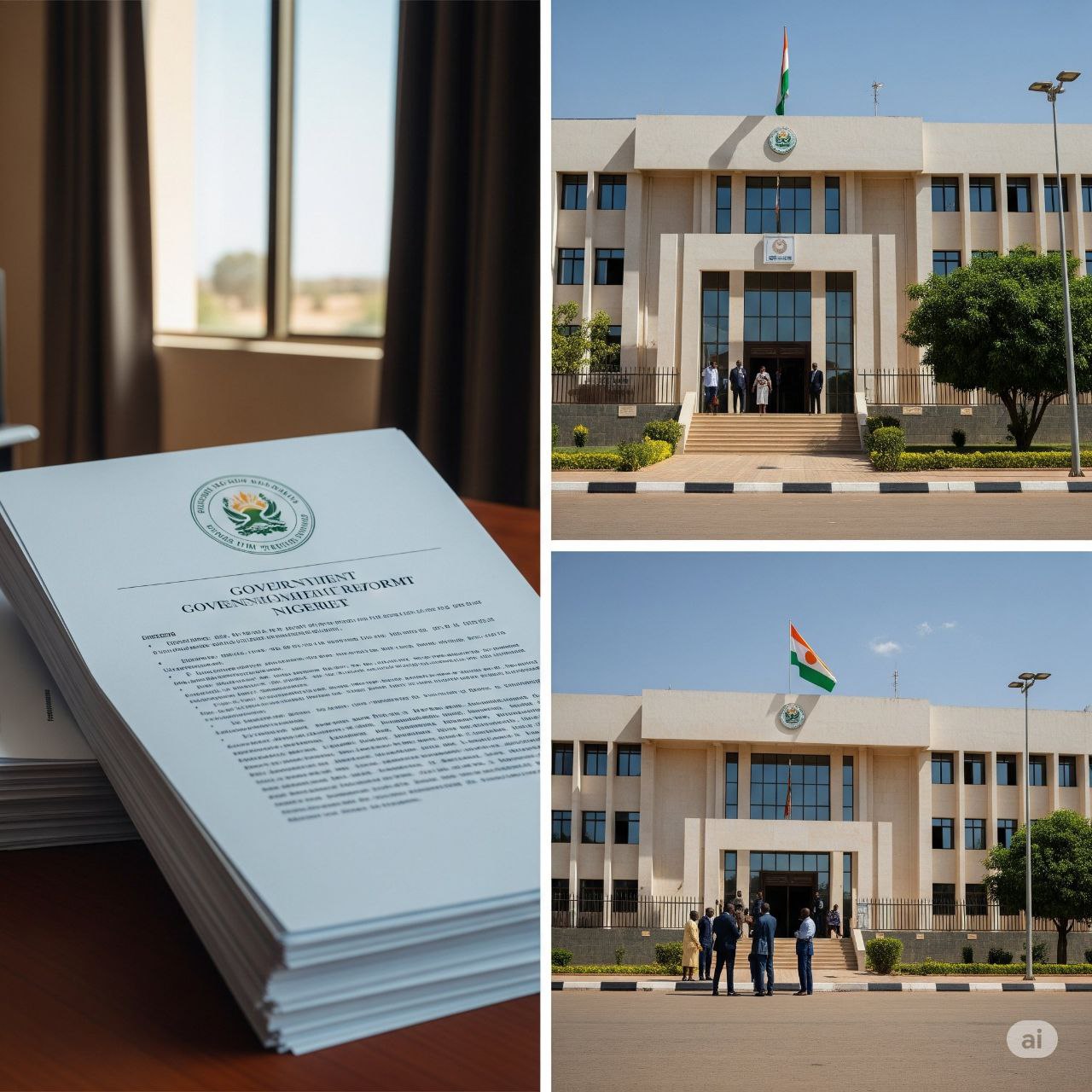
Niger has adopted a new General Tax Code, scheduled to take effect on January 1, 2026. The reform, formalised through an ordinance signed by Head of State General Abdourahamane Tchiani on Sunday, represents one of the ambitious overhauls of the country’s tax system in over a decade.
The new code repeals the previous version, which has been in force since 2012, and introduces a comprehensive and unified legal text that consolidates tax regulations previously scattered across eighteen different laws and ordinances.
These included provisions governing a wide range of economic sectors, many of which were previously managed in isolation.
Under the new code, critical domains, including the Petroleum Code, Mining Law, public-private partnerships, externally funded public procurement, and strategic industries such as electricity, cooperatives, and road financing, are now brought under a single fiscal umbrella.
Also affected are major national projects and entities, including the Société Nigérienne de Charbon (SONICHAR-SA)and the flagship Kandadji hydroelectric project, which will now be subject to standardised tax protocols.
Read Also: Mali Launches $300m Road Maintenance Programme to Boost National Connectivity
In a key clarification, the ordinance asserts that in cases of contradiction between former sectoral provisions and the new General Tax Code, the latter will take precedence. This is expected to ensure improved legal coherence, greater transparency, and increased ease of tax administration across the board.
The government has announced it will launch an awareness and training campaign for public officials, businesses, and financial institutions to prepare for the smooth rollout of the new code ahead of the 2026 deadline.
source: Aïr-Info Agadez
About The Author
Related Articles
AES Condemns Niamey Airport Attack, Warns of Coordinated Destabilisation
The Alliance of Sahel States has strongly condemned the armed attack on...
ByWest Africa WeeklyFebruary 2, 2026Mali Cedes Strategic Land to Guinea to Deepen Trade Cooperation
Mali has approved the transfer of a strategic parcel of land to...
ByWest Africa WeeklyFebruary 2, 2026Senegal to Appeal CAF Sanctions After AFCON Final Controversy
Senegal has announced plans to formally appeal the sanctions imposed by the...
ByWest Africa WeeklyFebruary 2, 2026Burkina Faso Takes Legal Step Toward Nuclear Energy Development
Burkina Faso has voted to join the Vienna Convention on Civil Liability...
ByWest Africa WeeklyFebruary 2, 2026













Leave a comment